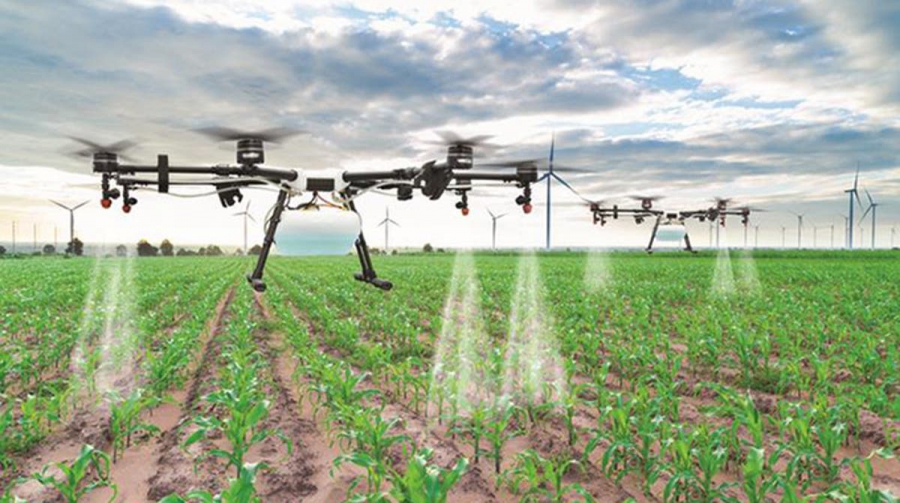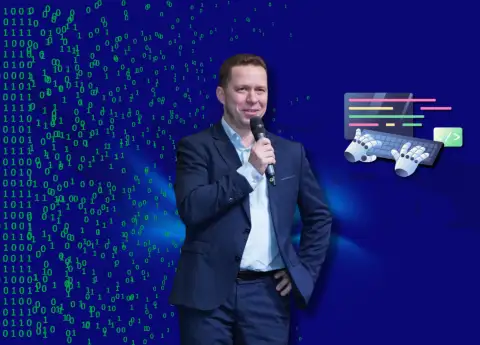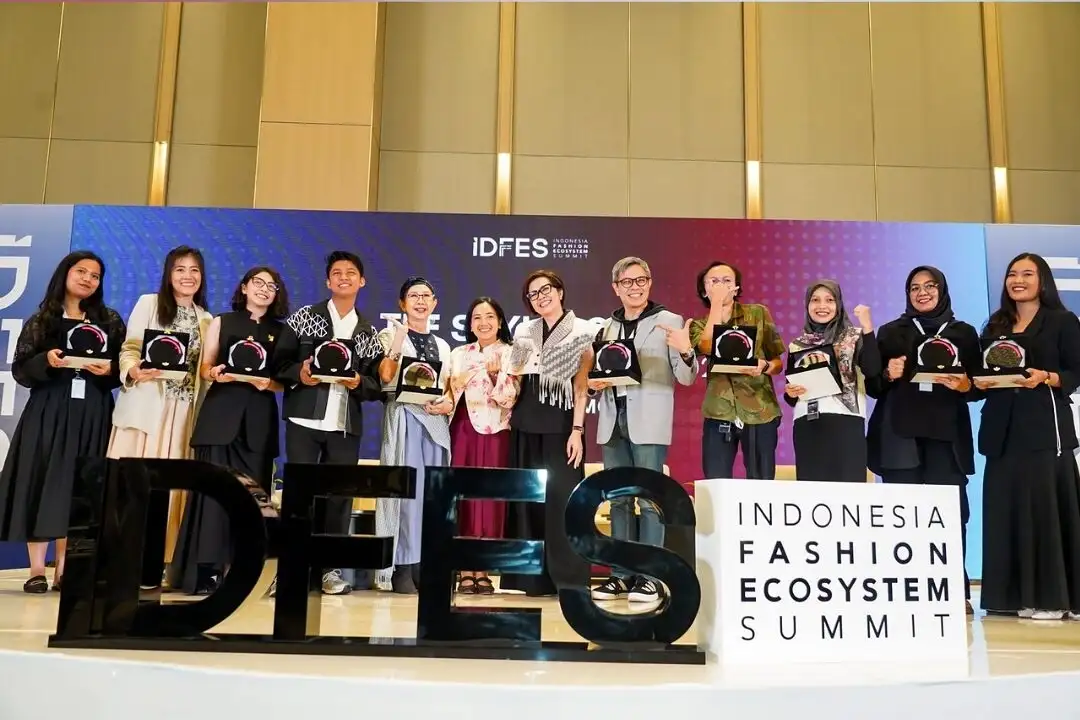SMART FARMING AND ITS ROLE TO SOLVE FOOD SECURITY DURING PANDEMIC
smart farming gives the positive impacts to the security food during pandemic.

Food security is important when we are discussing about the availability, access, utilization, safety, and stability of food in the midst of a pandemic that hasn't yet ended. To fight disease and keeping the body's resistance form COVID-19, we need to consume some nutritious foods. Therefore, food security can maintain the food stability to face dynamic changes, like climate changes. This global phenomenon is characterized by any kind of changes in temperature and rainfall patterns.
The temparature on the earth is getting warm. It effects to the rise of sea levels and extreme weather changes which impacts to rainfall patterns, prolonged droughts, and shortages of clean water. In the end, it will impact to agriculture and food production. The law of food security no. 18 of 2012 refers to the condition for the fulfillment of food for the state to individuals, measured by the availability of sufficient food, both in quantity and quality, safe, diverse, nutritious, evenly distributed, and affordable and does not conflict with religion, belief, and culture of the community. Extreme weather can change harvesting times, increase air and water temperatures, and food distribution become difficult if we connect to the supply chain.

We wrote about the the smart farming using technology 4.0 as the next future of agriculture trends. But now, we want to talk deeper about how is smart farming giving the positive impacts to the security food during pandemic.
According to the Internet of Things-Based Smart Farming book in Greenhouse, smart farming activities include information related to weather conditions, planting time, and planting season for certain types of plants. Not only that, the right harvest time, the provision of irrigation water in accordance with the needs, as well as good and correct cultivation methods are also discussed so as to produce high production.
Through digital devices or online applications, farmers will be facilitated by recording farming systems, cultivation guidelines, and good agricultural processing. In addition, the Indonesian government is currently developing Smart Farming 4.0 using sensors and applications.
This technology provides information to help farmers increase agricultural production. Including reducing the use of fertilizers and water so as to reduce the cost of farmers in caring for their plants to be more efficient.
According to Dr. Tomy Perdana, SP., MM. who is the Secretary General of the Indonesian Agribusiness Association, smart farming is an innovation that needs to be commercialized. Even though this technology has been developed, everything will be in vain without the will of the community to implement it.
“People need to change the mindset that technological advancements are too sophisticated to the point that they are difficult to access and operate. Smart farming is a cutting-edge solution that makes the work of farmers much easier and more efficient," he said at the Environmental Discussion II Commemorating World Food Day on October 16, 2021.
The proof is that one of the smart farming programs that are already running is the BNI Smart Farming program which is accompanied by assistance, by utilizing digital farming technology during the process. With this program, farmers get appropriate agricultural recommendations, the right fertilization system, to the handling of pests in harvesting.
If this sector continues to be developed and gets great support from the government, the program can continue to spread to more than six locations in five provinces that have implemented BNI's Smart Farming program. These include West Sumatra, North Sumatra, West Java, Central Java, and East Java.
For this reason, mitigation and adaptation in food security are needed to deal with pandemics and also climate change. The effort to develop smart farming in Indonesia is very important because it has a direct impact on the welfare of the community, namely the need for food.
The government and society must continue to work together, in the development of technology in agriculture. Do not forget the will and a new mindset to be wiser and ready to face technological developments.
#THE S MEDIA #Media Milenial #smart farming #smart farming in indonesia


























